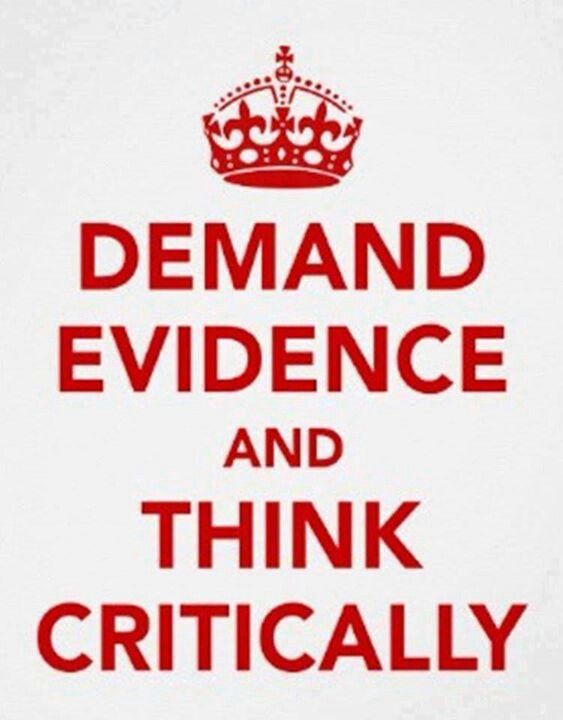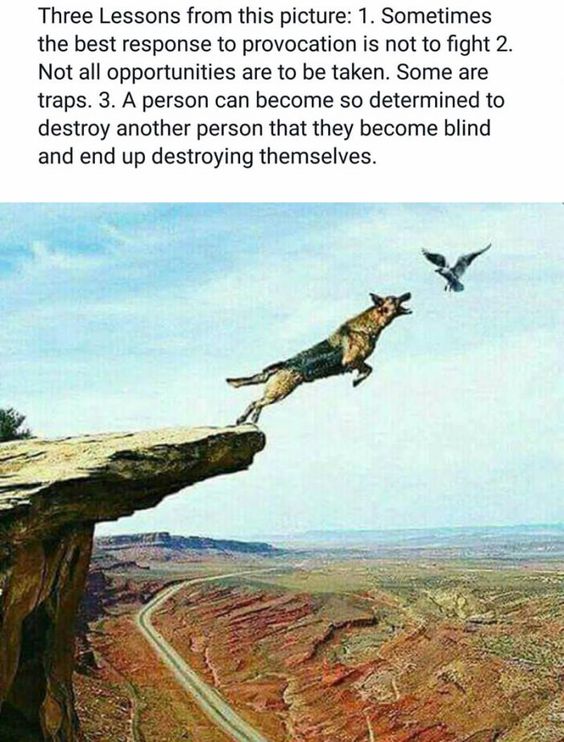“If one wants to see a thing very clearly, one’s mind must be very quiet, without all the prejudices, the chattering, the dialogue, the images, the pictures—all that must be put aside to look.”
J. Krishnamurti, Freedom From The Known (Page 103)
“The faster and busier things get, the more we need to build thinking time into our schedule. And the noisier things get, the more we need to build quiet reflection spaces in which we can truly focus.”
Greg McKeown, Essentialism (Page 68)
“If you can’t solve the problem in front of you, solve an easier version of it—and then see if that solution offers you a starting point, or a beacon, in the full-blown problem. Maybe it does.”
Brian Christian, Algorithms To Live By
“This comes up all the time in mechanical work. A hang-up. You just sit and stare and think, and go search randomly for new information, and go away and come back again, and after a while the unseen factors start to emerge.”
Robert M. Pirsig, Zen And The Art Of Motorcycle Maintenance, via Sunbeams (Page 18)
“A conversation with her is a special pleasure because there are no words that are not preceded by thoughts.”
Irin Carmon, Notorious RBG: The Life and Times of Ruth Bader Ginsburg
J. Cole Quote from Snow On Tha Bluff and How It’s More Effective To Treat People Like Children
“I would say it’s more effective to treat people like children
Understandin’ the time and love and patience that’s needed to grow
This change is inevitable but ain’t none of us seen this before
Therefore we just gotta learn everything as we go”
J. Cole, Snow On Tha Bluff
Beyond the Quote (186/365)
There’s no disrespect in treating people “like children” in this way. It’s actually a brilliant way to look at uniquely challenging situations. For, what’s the difference between adults and children anyway? Development and experience? Adults are obviously developmentally more mature physically, mentally, and emotionally. And beyond that, the only other real difference is experience. Adults have undergone more experiences in their lives which have had more direct effects on how they think, feel, and act. And the reason most adults make better decisions is because their “better” judgement comes from their “bad” judgement remembered. Most children are still in the “bad” judgement phase.
Read More »J. Cole Quote from Snow On Tha Bluff and How It’s More Effective To Treat People Like Children“Our job is not to ‘go with our gut’ or fixate on the first impression we form about an issue. No, we need to be strong enough to resist thinking that is too neat, too plausible, and therefore almost always wrong. Because if the leader can’t take the time to develop a clear sense of the bigger picture, who will? If the leader isn’t thinking through all the way to the end, who is?” ~ Ryan Holiday, Stillness is the Key (Page 14)
“The people I listen to need to talk, because that’s how people think. People need to think. Otherwise they wander blindly into pits. When people think, they simulate the world, and plan how to act in it. If they do a good job of simulating, they can figure out what stupid things they shouldn’t do. Then they can not do them. Then they don’t have to suffer the consequences. That’s the purpose of thinking.” ~ Jordan Peterson, via 12 Rules for Life (Page 240)
“Habits do not restrict freedom. They create it. In fact, the people who don’t have their habits handled are often the ones with the least amount of freedom. Without good financial habits, you will always be struggling for the next dollar. Without good health habits, you will always seem to be short on energy. Without good learning habits, you will always feel like you’re behind the curve. If you’re always being forced to make decisions about simple tasks—when should I work out, where do I go to write, when do I pay the bills—then you have less time for freedom. It’s only by making the fundamentals of life easier that you can create the mental space needed for free thinking and creativity.”
James Clear, Atomic Habits
“We are a population that is satisfied with sound-bite news, instant and opinionated political analysis, manipulative popular psychology, and insubstantial novels and magazines. At the same time, and understandably, we feel the absence of meaning and are speechless when we learn of atrocities in our society. We don’t know how to think about them because we don’t know how to think, and we don’t know how to think because we don’t believe that thinking for its own sake is worthy of our attention. We educate our children to make a good living rather than to become thinking persons, and often we honor as celebrities those who have not made a genuine contribution to society but who mirror our own madness.”
Thomas Moore, Original Self | ★ Featured on this book list.
“Today many people live the external life exclusively, and when the inner world erupts or stirs, they rush to a therapist or druggist for help. They try to explain profound mythic developments in the language of behavior and experience. Often they have no idea what is happening to them, because they have been so cut off from the deep self. Their own soul is so alien to them that they are unaware of what is going on outside the known realm of fact. Former methods of keeping in touch with the inner life have gone out of mode. Diaries, letters, and deep conversations help focus attention on developments and materials that lie beneath the surface. Only one hundred years ago, without benefit of typewriters and word processors, people kept elaborate, long and detailed diaries and notebooks. We seem to have left behind these methods of reflection in favor of technologies for action.”
Thomas Moore, Original Self | ★ Featured on this book list.
“Do not believe in anything simply because you have heard it. Do not believe in anything simply because it is spoken and rumored by many. Do not believe in anything simply because it is found written in your religious books. Do not believe in anything merely on the authority of your teachers and elders. Do not believe in traditions because they have been handed down for many generations. But after observation and analysis, when you find that anything agrees with reason and is conducive to the good and benefit of one and all, then accept it and live up to it.” ~ Buddha




